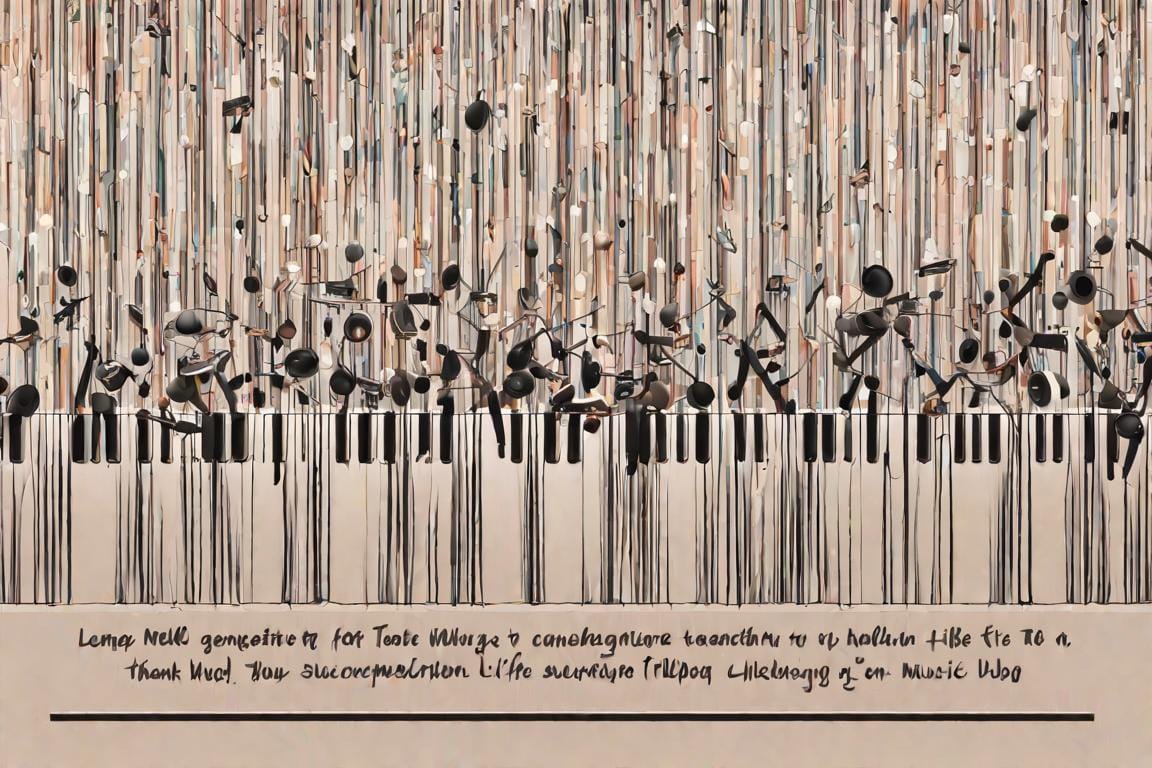How to be a more productive Engineer 4: Efficient collaboration

When working in a team, there are two elements that, to me, are the main components for efficient collaboration: communication and meetings.
Communication is crucial when working with other human beings, it's the only way we can make other aware of what we're going to do and coordinating with others in a clear way, so, we need to be careful of not only delivering the message in a clear way but also using the right channels to do so, it's not the same a spoken conversation and an email thread, both will have different paces and should be used for different purposes.
Along with communication, the other component for collaboration are meetings, yes, although in many cases meetings is where time goes to die, if done properly they can be a very efficient way to keep everyone on the same page in critical topics and they don't have to last forever.
So, proper communication and efficient meetings, let's dig a bit deeper into both:
Proper communication
Have you ever came out of a meeting feeling it should have been an email instead? or have a long conversation via Slack and feel it would've been faster over a zoom call (or a Slack Huddle)?. This is because you're not using the right channels to carry the message out.
When you're drafting an email or starting to book a meeting in whatever calendar tool you use, ask yourself, is this the right way to do it?. More often than not I end up closing the meeting form and sending out a Slack message instead, because it was more of an announcement, or stopped writing an email and booked a meeting instead because I realized it needed some discussion. Communication is not only about delivering the message, it's also about the channel carrying the message.
My rules of thumb for choosing the right tool for the job are:
- If I need to ask a quick question (and I know it won't take time), I go to Slack or, if the other party sits at the same office, just a quick walk to their desk
- If a quick question on Slack is taking longer than I expected, I switch to a video call
- If I need to discuss something with a few people, I shape it up and book a meeting with them
- If I need to discuss something not pressing or send out some announcement about a decision that doesn't require further discussion, I send an email.
It's also good to keep in mind that, as the conversation evolves, the right channel might also change. For example, if an email thread is growing and people are walking in circles, the right thing to do would be to book a meeting to discuss. Let common sense be your guide here, remember about making good use of your time and also other people's time.
Get the most out of meetings
This one might sound odd, if you want to be productive you should actually avoid meetings, right? as long as I’m sitting on a meeting I’m not doing my job, hence, I’m not producing value. We can agree on part of the statement for sure but it’s not entirely true, meetings are an essential part of the job, we work with other fellow humans to tell machines what to do, so meeting with other people is essential to create alignment and decide on further steps, and make decisions about the underlying tech we are working on.
Meetings can’t be avoided for sure, we can reduce them as much as we want/need but some kinds of meetings are just unavoidable and we need to learn to live with that. Not everything is lost, now that we accepted meetings are part of our life, we can choose to get the most out of them and make them efficient so that we don’t have to meet too many times to discuss the same topics over and over again.
This might take a bit of discipline and agreement with your team, but with a few general practices in your meetings you can make them more efficient:
- Start and finish on time, don’t wait for late joiners, if you’re on-time, you’re late by German standards.
- Have a clear meeting objective and agenda shared previously, this helps everyone know what will be discussed and prepare accordingly. If you receive a meeting invitation without an agenda or at least a description, reject it right away
- Keep the conversation on-topic, call out side tracks and bring everyone again to the main topic
- Take notes and share them, this avoids the back and forth after the meetings and the traditional questions such as “who was going to do X?”, “did we decide A or B?”
- Share pre-reads in advance and, if you receive a pre-read for a meeting, make sure you read it before joining
Meetings are a necessary evil, but with discipline you can tame the monster and make them more effective.